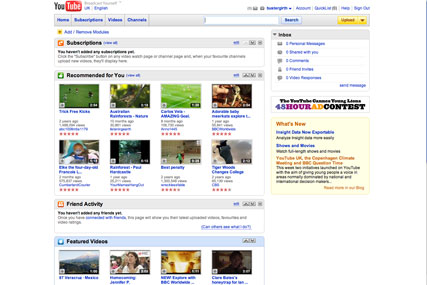
In March, YouTube pulled thousands of music videos from its website after failing to agree terms with PRS, the UK's main songwriters' collection society. Patrick Walker, YouTube director of video partnerships, EMEA, said at the time the site had been unable to renew its agreement on terms "that are economically sustainable for us".
However, PRS has now cut the price digital music sites will have to pay for each track streamed to 0.085p, down from 0.22p. In exchange for the cut, PRS said that for on-demand streaming services, the headline royalty rate would increase from 8% to 10.5% of revenue earned around the premium content by each site.
While declining to commit to return the videos to YouTube, a spokesman for the video site said: "We welcome any efforts to make licensing costs more realistic, but as we're still in discussions with the PRS to agree licence terms for YouTube, we're unable to comment further."
Martin Stiksel, founder, Last.fm, said: "Last.fm welcomes the substantial reduction in the per stream minima. This shows [the PRS] has listened to feedback from the industry and is taking leadership in driving commercially workable rates."
He added: "The increase in the revenue share on the other hand seems excessive at 10%, especially in the light of the fact that traditional radio is paying in the range of 5%. All in all, a move in the right direction, but a mixed blessing nevertheless."
Andrew Shaw, managing director of broadcast and online at PRS for Music, said: "We believe these new streaming rates will stimulate growth in the digital music market and will benefit our licensees and our members."


.jpg)


.jpg)